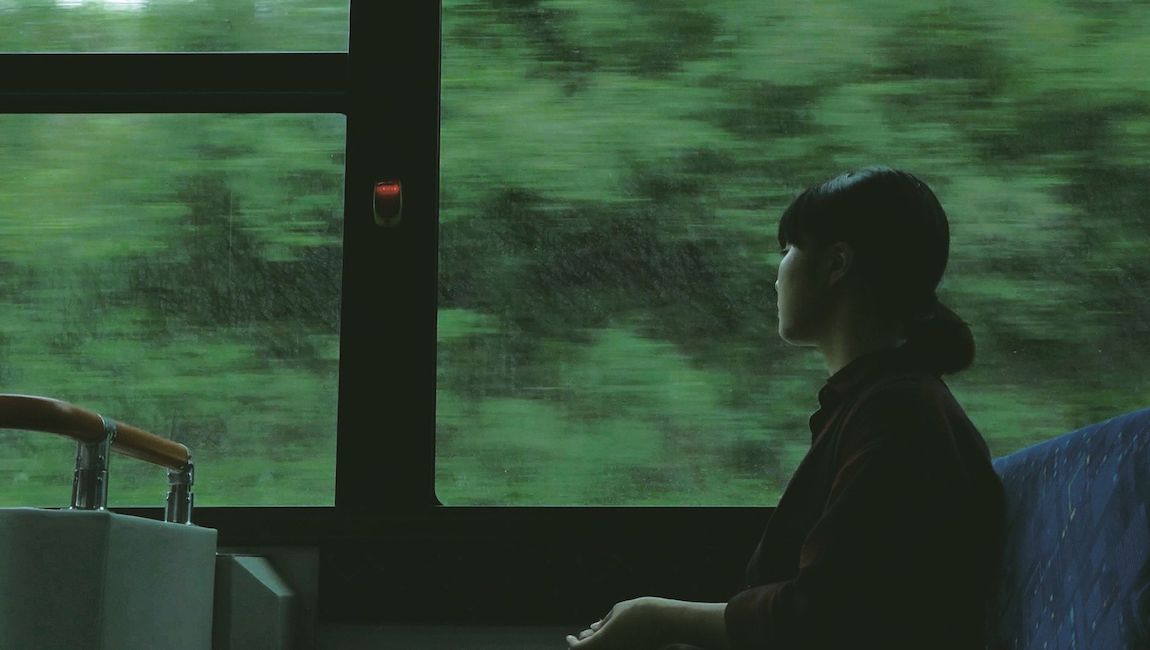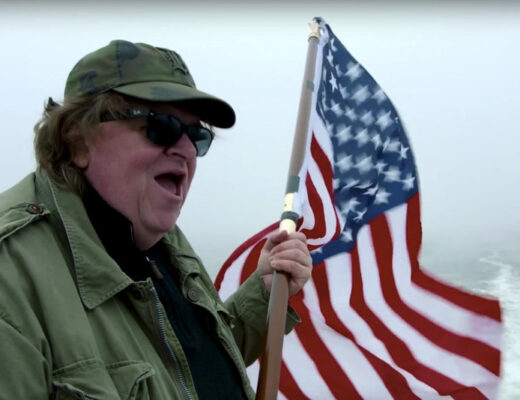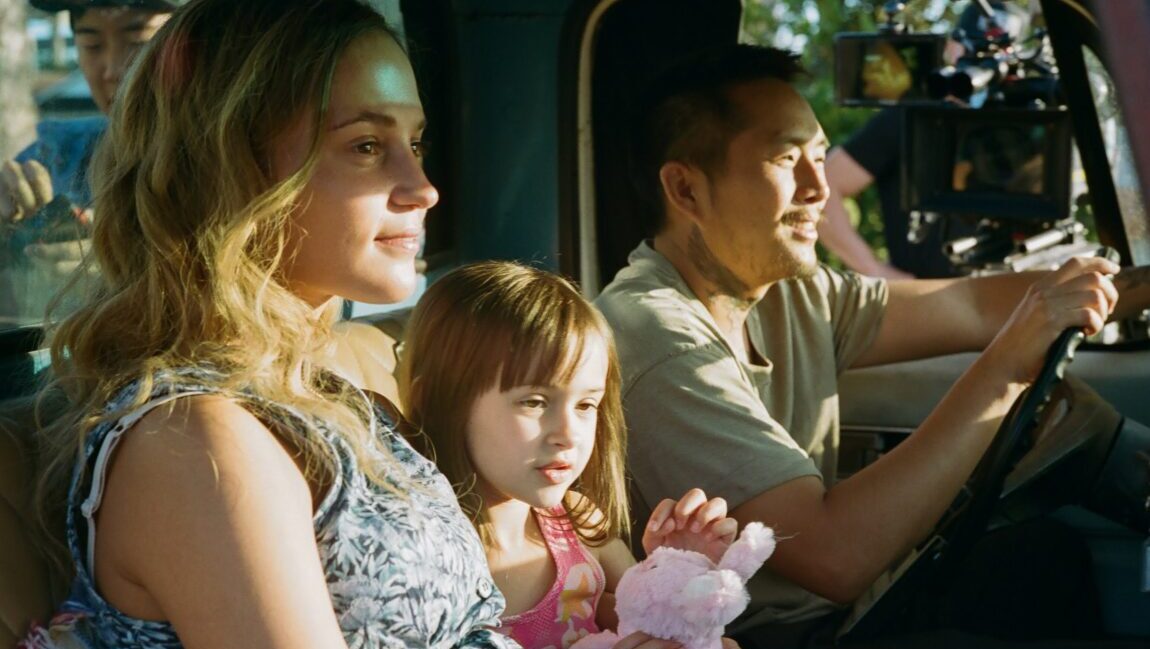When Empress Elizabeth visits a mental asylum — the sort of place in 1878 where men are institutionalized for mental disorders and women for adultery — she encounters a caged woman in the corner of the room. The woman writhes in the chains that bind her to her bed and screams in a fit. Later, when Elizabeth returns to the place, wearing the same violet dress she did before, she encounters the same woman, only that now she is asleep, at peace — for a moment — with her captivity. The meaning is obvious, the parallel to Elizabeth’s royal life easy to draw. Watching Corsage, the new film from Marie Kreutzer, one fears that the old, sturdy period piece metaphors — the cages and the corsets from which the film takes its title — have been exhausted. Even the striking, potentially potent image of the Empress staring out the window in a room that is much too small for her, her head almost bursting through the ceiling like a giantess in a doll’s house, is reduced by familiarity.
With all these images, there is no need for investigation or thought past the point of recognition: she is a woman fenced in and restricted. The symbols mean what they always have and what they likely always will. Likewise, the anachronism of the pop soundtrack, including diegetic performance, is at this point old hat, neither challenging nor poignant, although Kreutzer does find room for fantastical, purposeful anachronism eventually. The ways filmmakers tell stories about royal women, particularly those in period settings, have started to calcify. Corsage is, in places, a victim of this staleness, but it sports a fantastic Vicky Krieps as the caustic and complicated Austrian Empress, so it’s good anyway.
Set in 1878 after Elizabeth has turned 40, the age at which most of her female subjects are expected to die, the film finds the Empress, a practiced fainter who avoids public visitation when she can, obsessed with her age and image. In effort to lose weight, the royal will try anything; she’s not eating and she’s working out. She fences with her husband — could any movie with Vicky Krieps wielding a sword be bad? — before trading verbal barbs with him. There are experimental bath treatments and, eventually, drugs. So obsessed with her appearance is the Empress that she at one point orders her portrait artist to copy her existing portraits but account for her new, improved complexion. That all of this behavior, including the mean streak she brings to bear against her servants, could be chalked up to her oppressive environment and the sexually charged rumors about her and several men is familiar, yes, but believable enough that it compels nonetheless. Besides, it’s not as if she cuts a simplistic figure or is particularly in need of rescue. She is warm towards her children, even as they are as critical of her as they are their father, her young daughter at one point raising some particularly precocious fuss about smoking. Through all of this Krieps gives a restrained, compelling performance that keeps the character from being a one-note woman in trouble.
Aside from being Elizabeth’s 40th birthday, the year 1878 allows Kreutzer to place her at the birth of cinema; 1878 was also the start of Eadweard Muybridge’s experiments with motion pictures. Elizabeth, who hates being photographed and veils her face in public, finds joy in being filmed where she can move around without the camera picking up what she’s saying. In a silent, black-and-white sequence, we watch Krieps give a performance so unlike that of the film’s reality. She’s unrestrained, ecstatic, and clearly shouting, an act that never happens in a film of such controlled volume that the latter could maybe benefit from more of this exuberance.In reality, Elizabeth would be assassinated 20 years later, but Kreutzer contrives a trick to allow for an escape, a final bit of fantasy that closes out Corsage on a bittersweetly high note.
Originally published as part of Cannes Film Festival 2022 — Dispatch 3.







